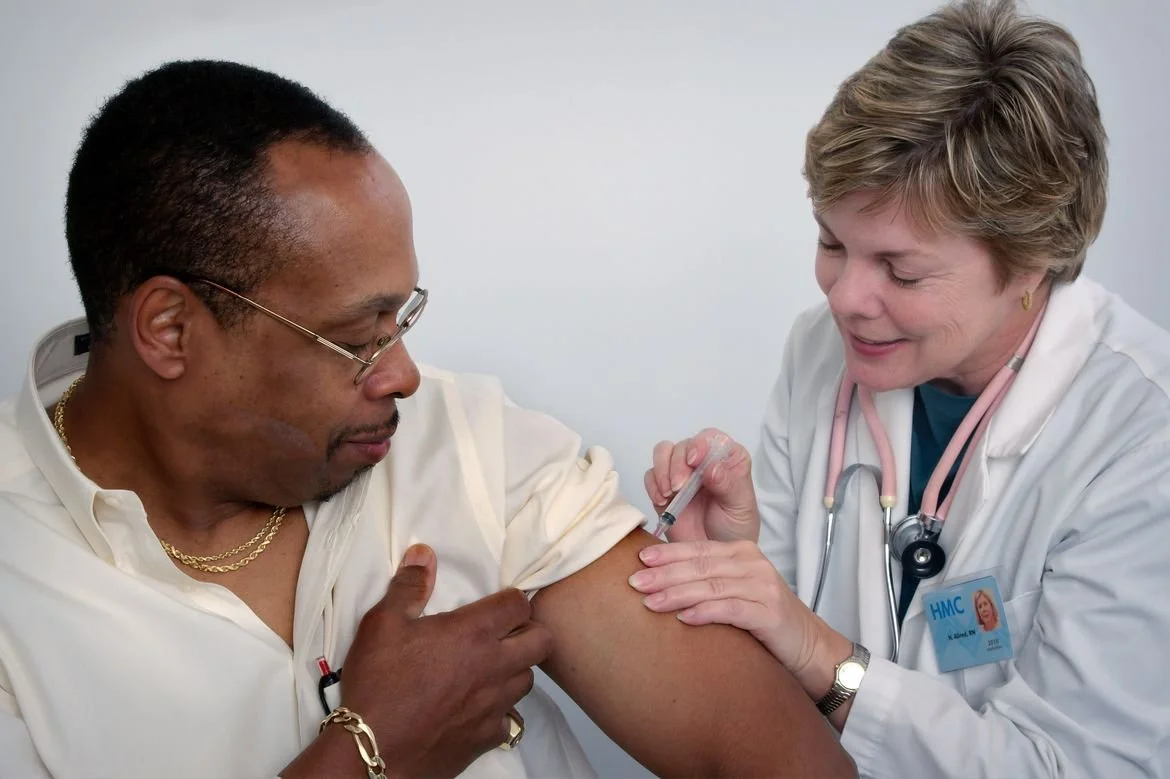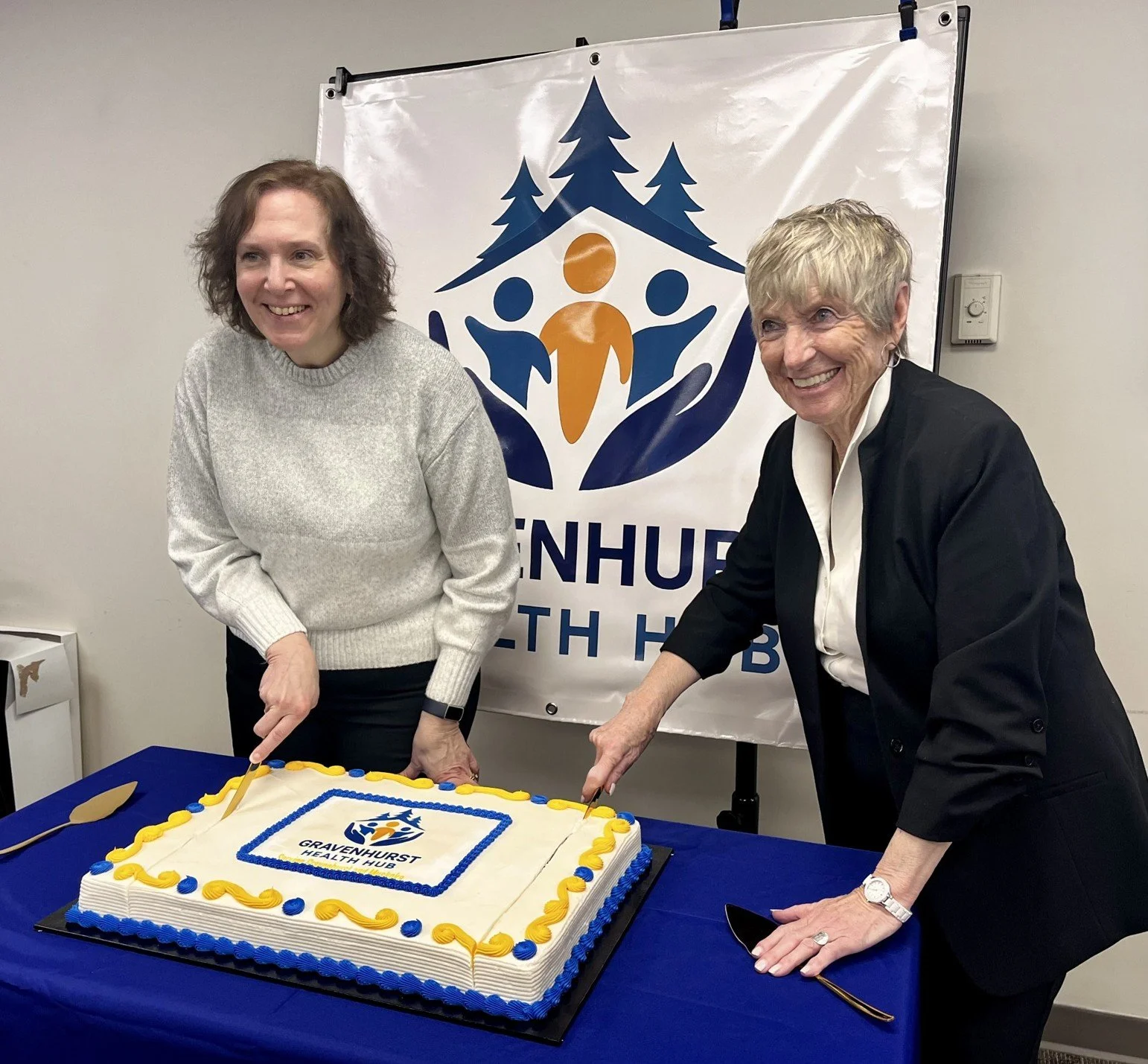Health Tip for September
Fall is the time as the season change, and activities move indoors to update both your flu and Covid -19 vaccination. This will prepare you for Flu season that typically runs from late fall to early spring.
The flu vaccine is an annual vaccination for people six months and older, that protects against influenza by providing protection against specific flu strains that change each year. Getting your flu shot is the best way to remain protected against the most severe outcomes of infection, including hospitalization caused by the flu. Vaccination not only protects you but also protects vulnerable people like young children, older adults, and those with chronic health conditions.
The influenza vaccination is safe, free and proven to reduce the number of doctor visits and hospitalizations related to the flu. The flu vaccine takes approximately 2 weeks to take full effect, it is recommended to get your vaccination as soon as the vaccine is available for you in the fall. Flu vaccines may be given at the same time as, or at any time before or after administration of other vaccines, including COVID-19 vaccines.
Staying up to date with your COVID-19 vaccinations is the best way to remain protected against the most severe outcomes of COVID-19 infection including hospitalization and death. Like Ontario’s flu program everyone aged 6 months and older in Ontario will be eligible for COVID-19 vaccination each fall.
The Ministry of Health is recommending that populations at high-risk of COVID-19 infection receive an additional dose of a COVID-19 vaccine in spring. The National Advisory Committee on Immunization (NACI) recommends that those 80 years and older should receive an additional dose of vaccine while those 65 to 79 years of age may receive an additional dose of vaccine. Other people recommended to have an additional spring dose of Covid-19 are residents of long-term care homes and other congregate living settings for seniors, individuals 6 months of age and older who are moderately to severely immunocompromised (due to an underlying condition or treatment) and individuals 55 years and older who identify as First Nations, Inuit, or Metis and their non-Indigenous household members who are 55 years and older.
Covid -19 vaccination may not always prevent symptomatic infection, but it will help reduce severity if a person does become infected and decreases the risk of developing post COVID-19 condition (commonly known as long COVID).
Talk to a health care provider or pharmacist to learn more and determine where you can receive your vaccinations.



